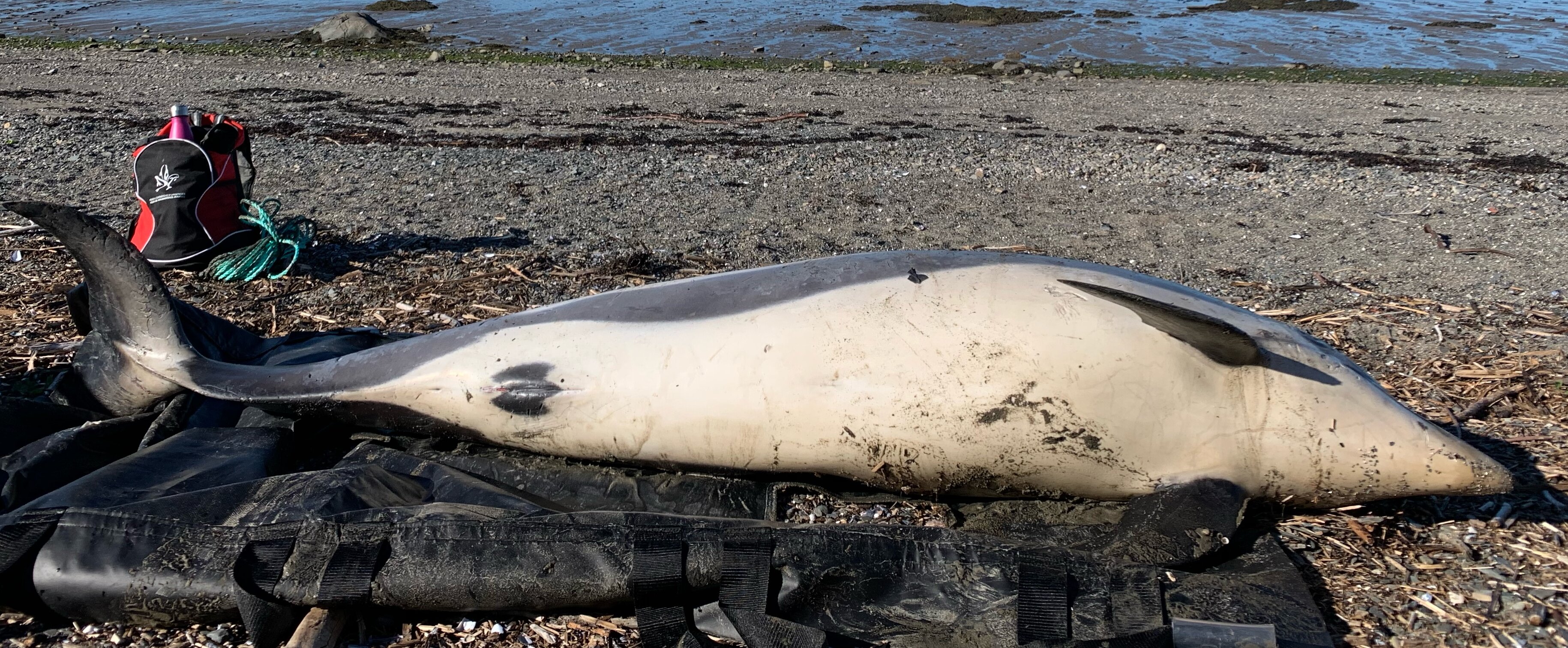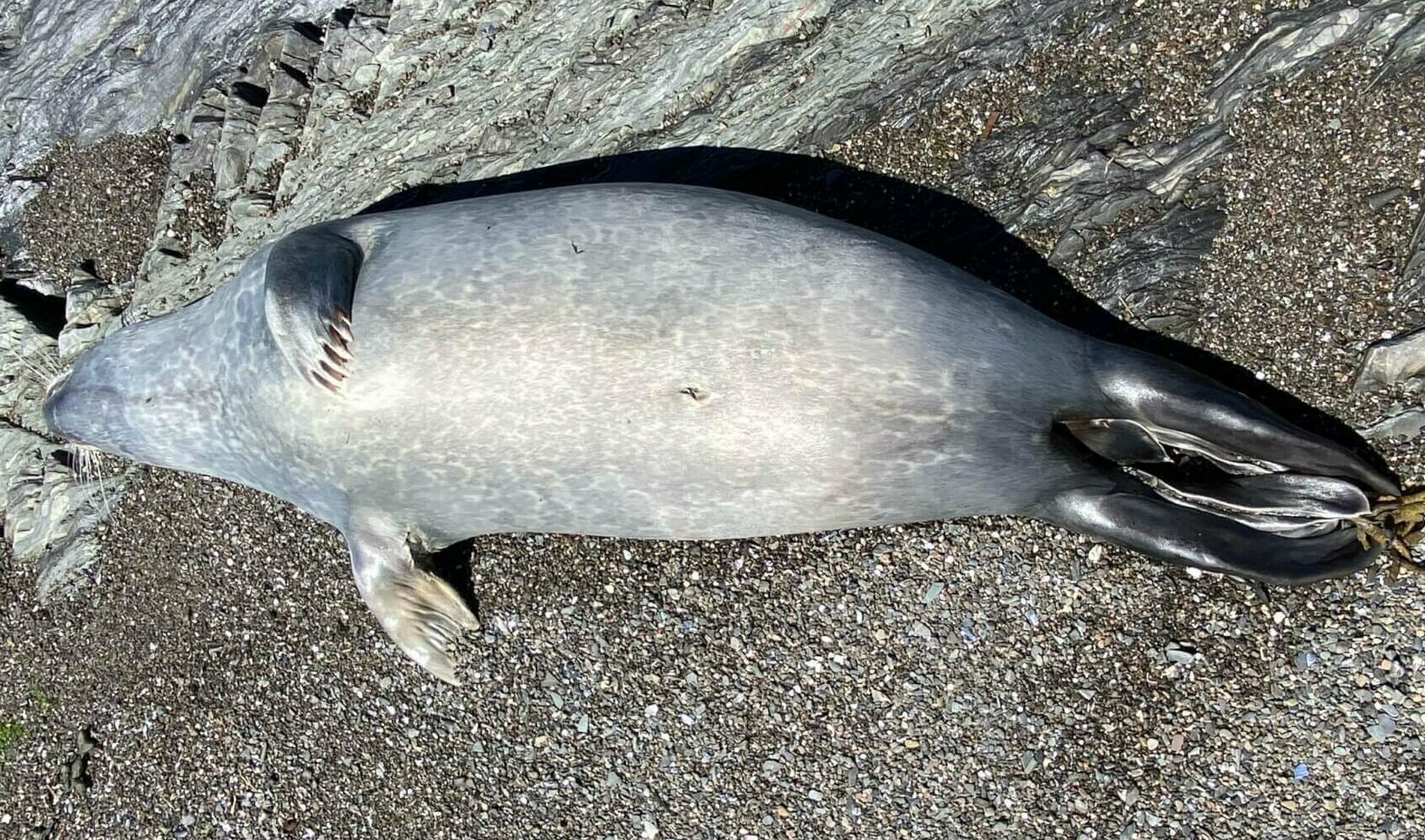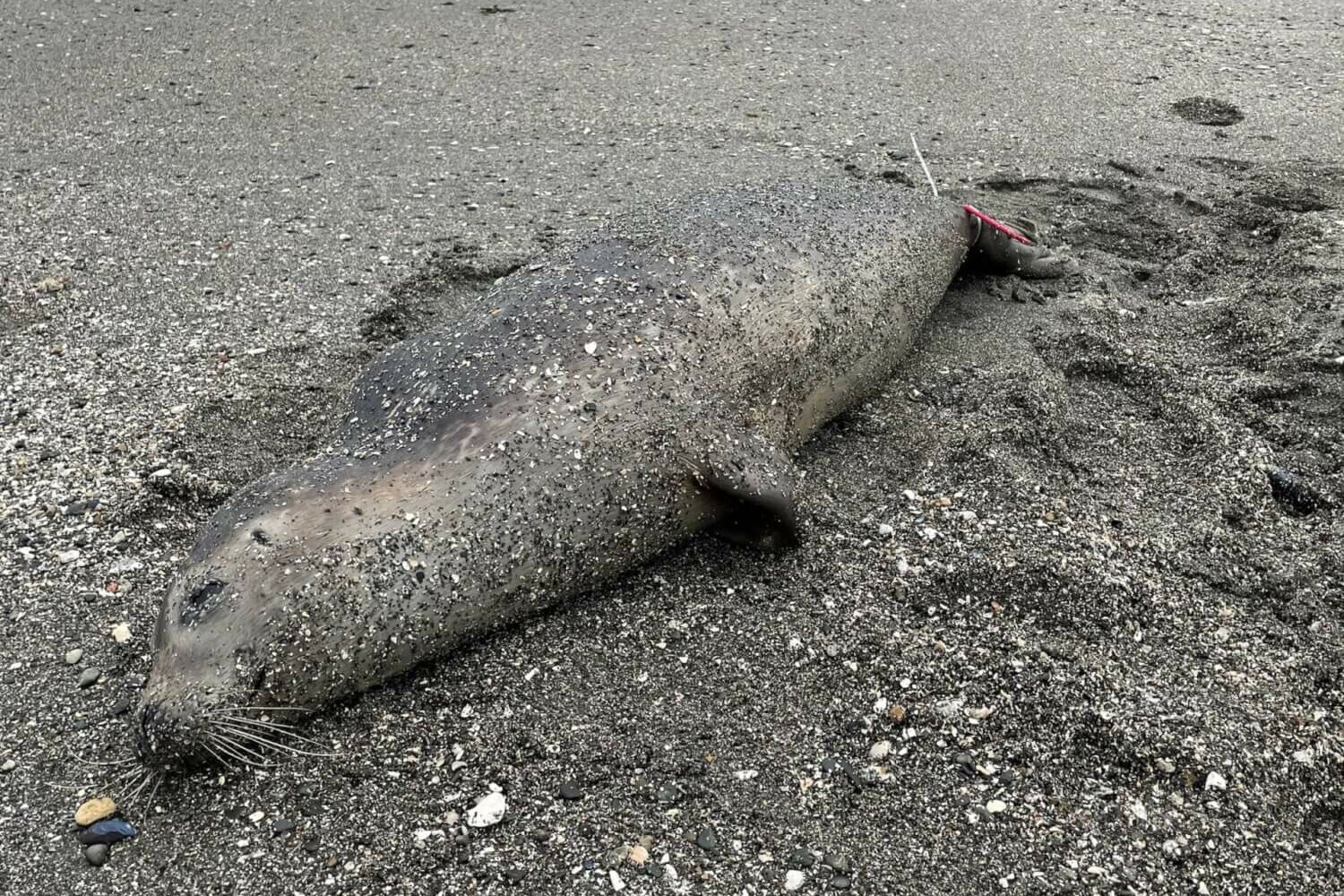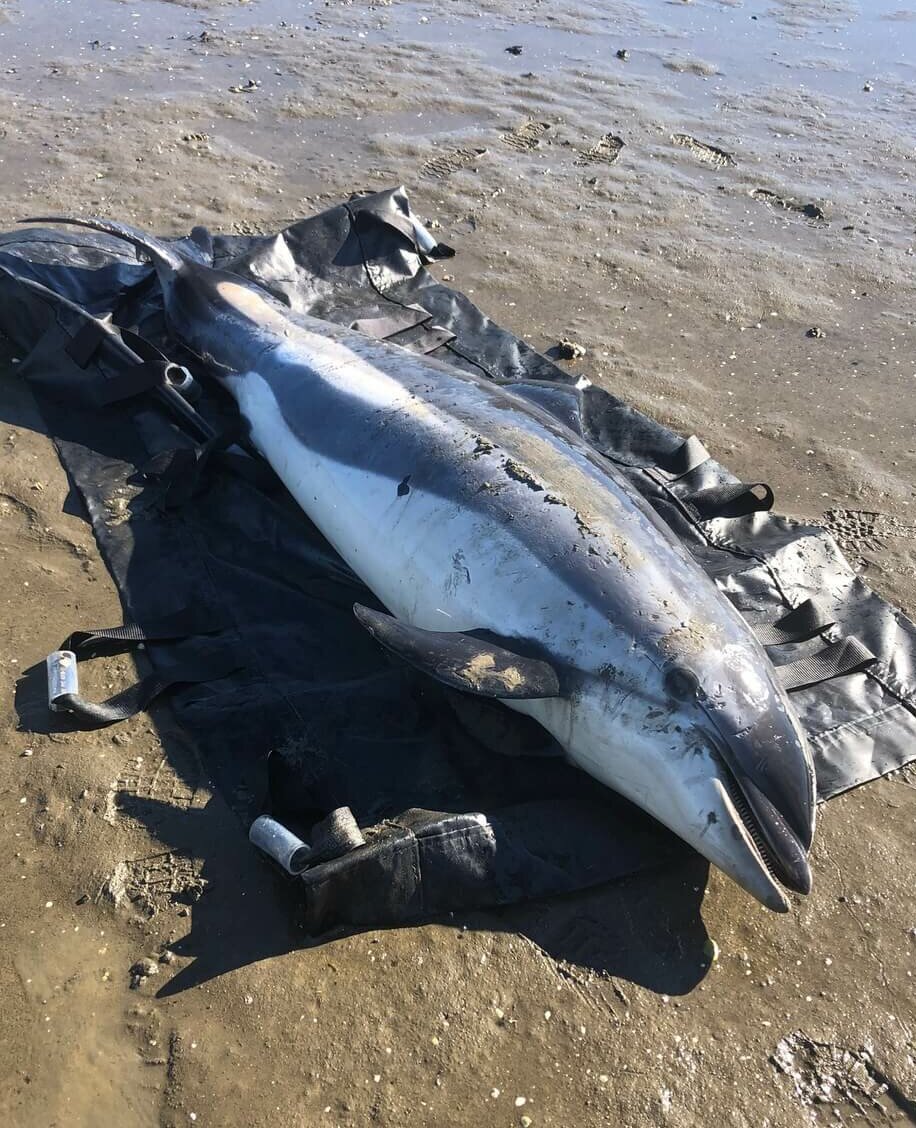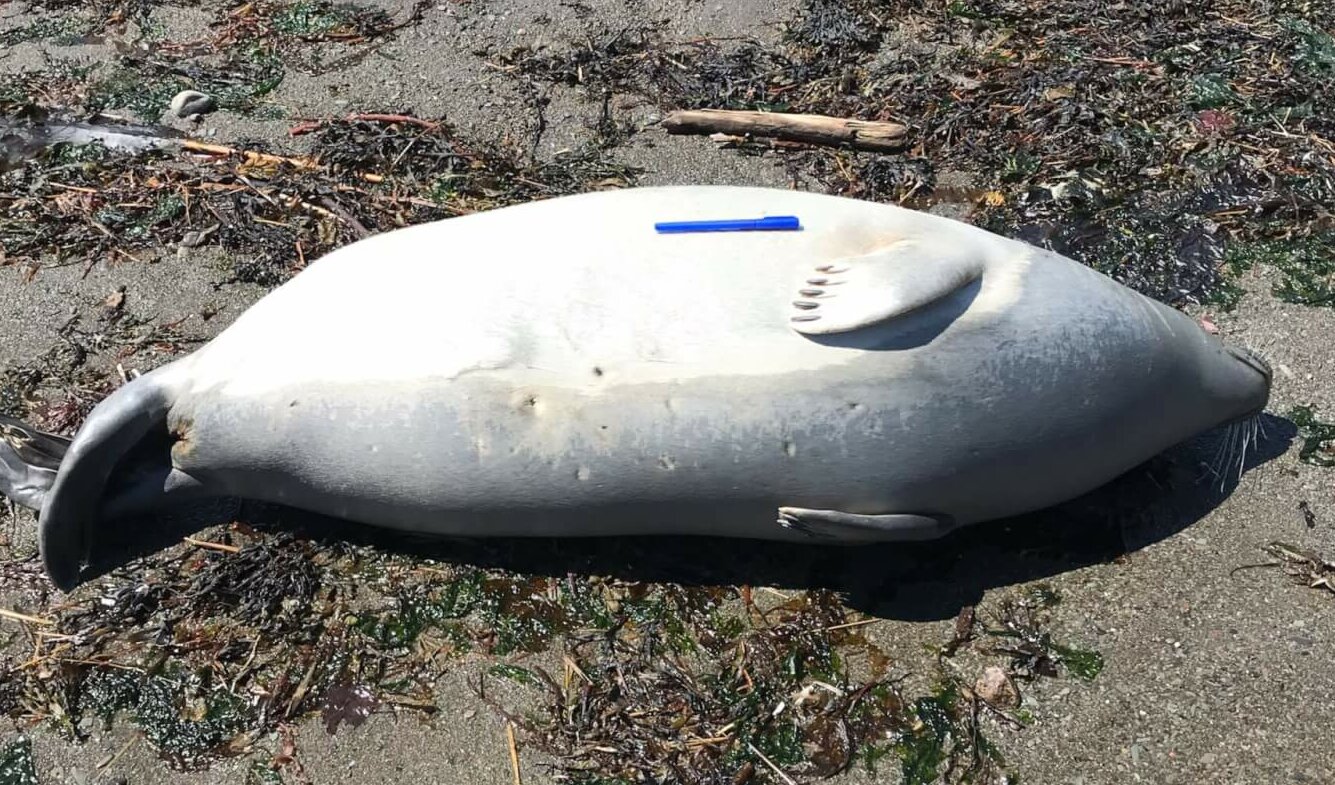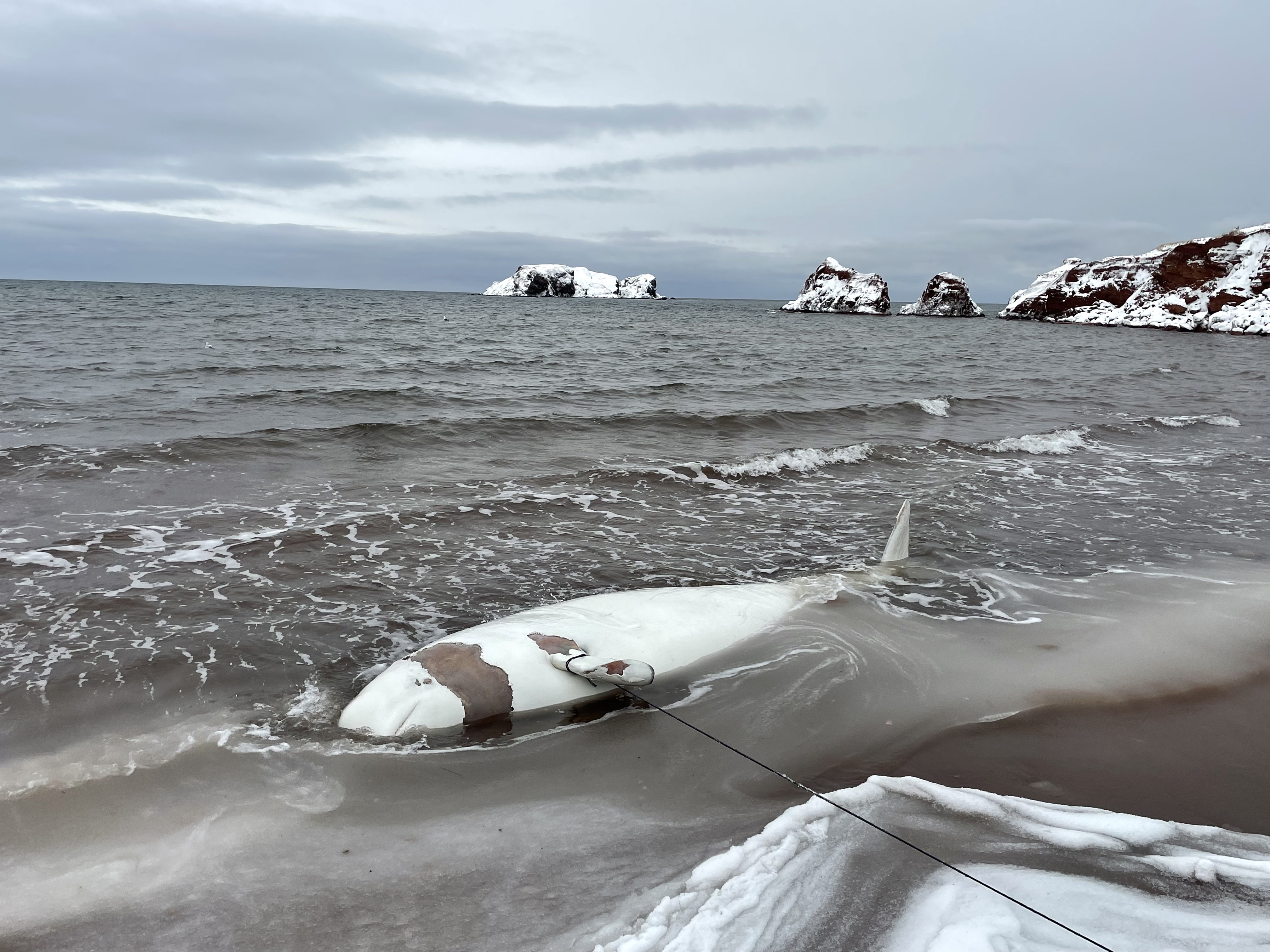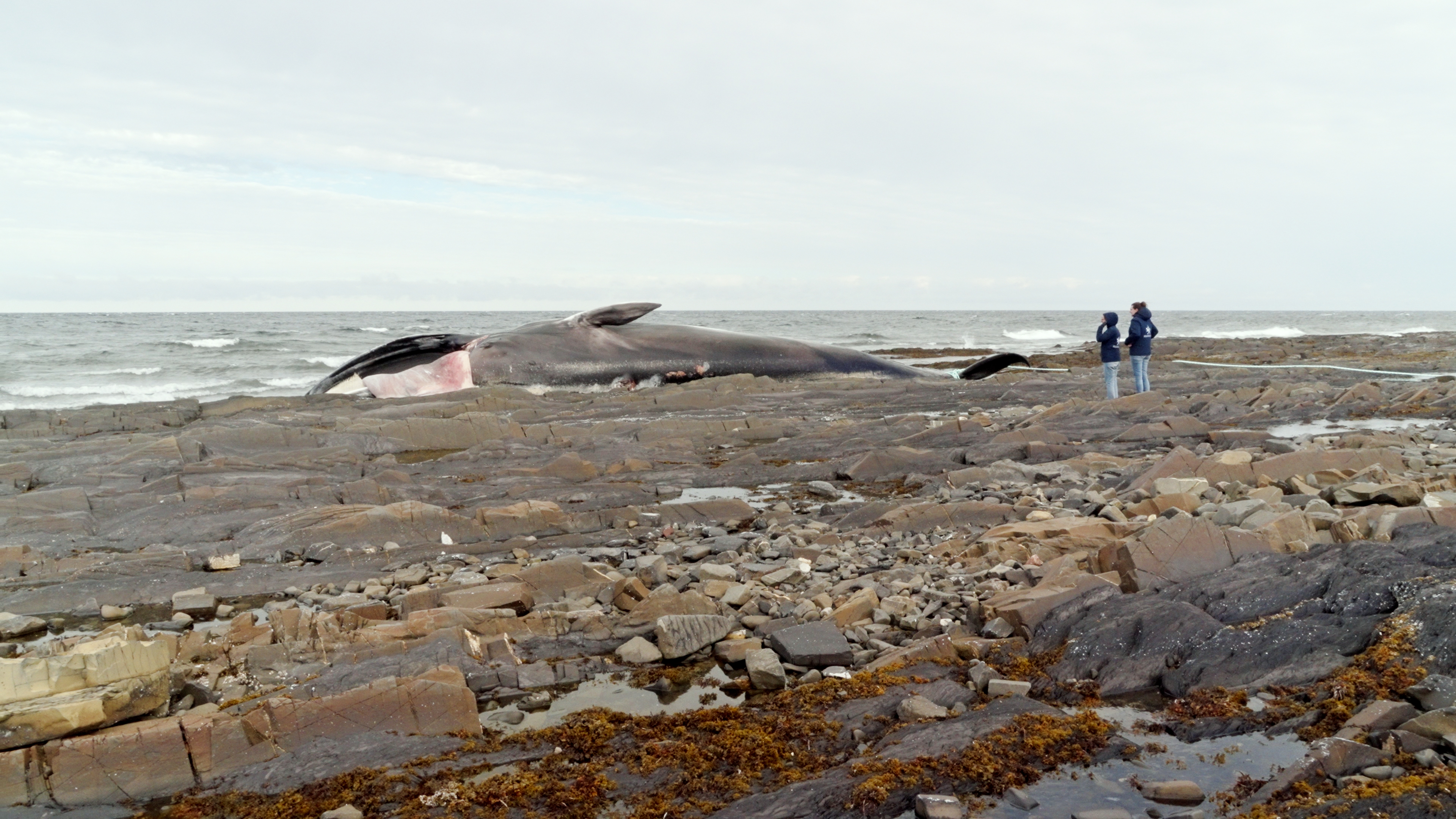Last September, the Quebec Marine Mammal Emergency Response Network received a report of an Atlantic white-sided dolphin carcass near Rimouski. A necropsy performed on the carcass at Université de Montréal’s Faculty of Veterinary Medicine reveals that the dolphin died of avian flu, an infectious disease that mainly affects birds.
From the Gulf of Mexico to Sweden
Although it mainly affects birds, avian influenza, or bird flu, can be transmitted to mammals. Cases of infected red foxes, lynx, otters and European polecats have also been reported in Europe. As for marine mammals, a few cases of infected seals have been documented. Recently, the first cases of affected cetaceans have surfaced. In March 2022, the death of a dolphin in the Gulf of Mexico was attributed to bird flu, which triggered inflammation of the brain. A few months later, i.e. last June, the first case of a porpoise to succumb to avian influenza was documented in Sweden. It is likely that this porpoise had come into contact with infected wild birds.
Situation in Quebec
In Quebec, many harbour seals have died after contracting H5N1, a seemingly highly pathogenic Eurasian strain of the avian flu that attempts to firmly establish itself in mammals. Last spring, a bear and her two cubs contracted this strain at Forillon National Park, the first such case in the country. They had to be euthanized to avoid transmission to humans. As for cetaceans, the number of porpoise mortalities was particularly high this summer and some have wondered whether the disease may have been transmitted to this species. However, veterinarian Stéphane Lair of the Université de Montréal does not think that porpoises were affected by this flu, as they did not show the histological lesions that are usually found on carcasses. The high mortality might be explained by other factors such as a lack of prey.
As for the white-sided dolphin in Rimouski, this is the first confirmed case in this species. Stéphane Lair explains that the Faculty of Veterinary Medicine has received confirmation from the Canadian Food Inspection Agency (CFIA). In Canada, all cases must be reported to the CFIA for validation and reported under the Health of Animals Act. “In my opinion, cases in marine mammals will remain sporadic, so there will be little impact at the population level,” he argues.
What does it eat in winter?
Avian flu is an infectious disease caused by the influenza virus, which is classified into different types: A, B, C and D, each of which affects different species. Type D virus causes infections strictly in cattle, while virus types B and C generally affect humans, though not exclusively. Type A, on the other hand, usually affects avifauna, i.e. birds. These viruses attack the respiratory tract, causing not only respiratory, but also digestive and nervous symptoms. Viral transmission occurs through direct contact with infected excrement or secretions, or with contaminated equipment, water and food. Though rare, transmission to humans is not impossible. It is therefore recommended not to approach or touch a sick or dead animal.


